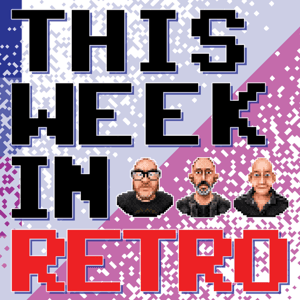
Sign up to save your podcasts
Or



By Sean Haas





4.8
8383 ratings



The podcast currently has 202 episodes available.










The podcast currently has 202 episodes available.

32,249 Listeners

288 Listeners

9,765 Listeners

2,010 Listeners

129 Listeners

584 Listeners

189 Listeners

59,522 Listeners

1,328 Listeners

559 Listeners

28 Listeners

400 Listeners

599 Listeners

1,473 Listeners

18 Listeners